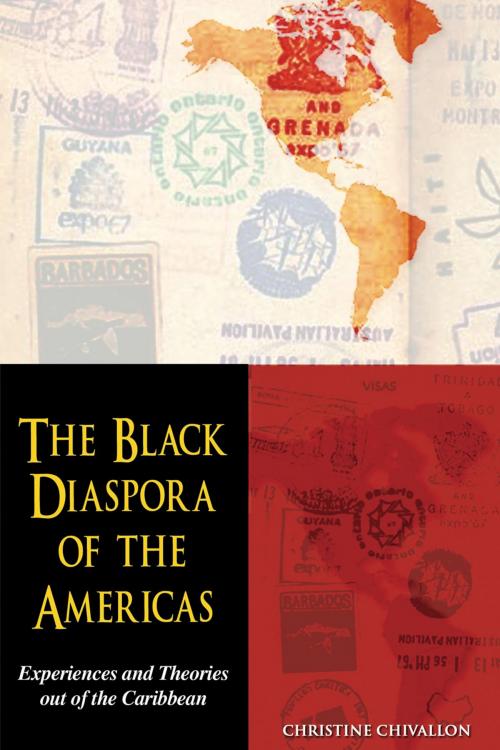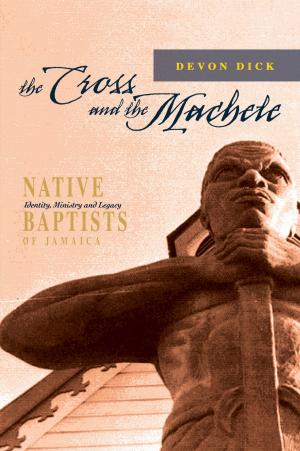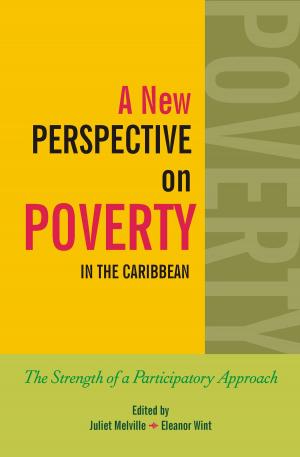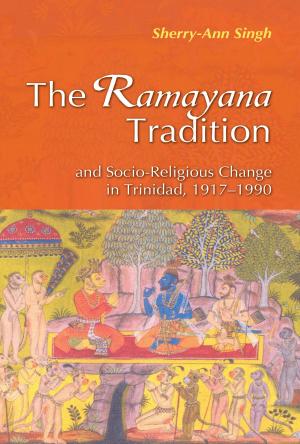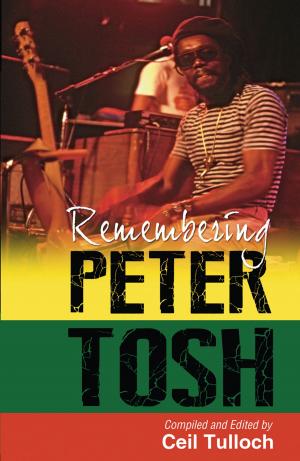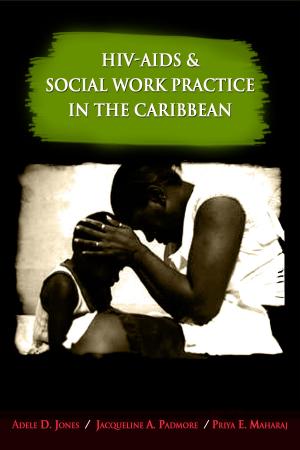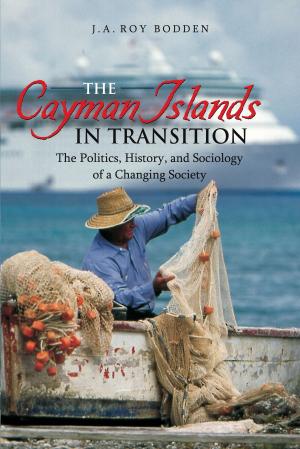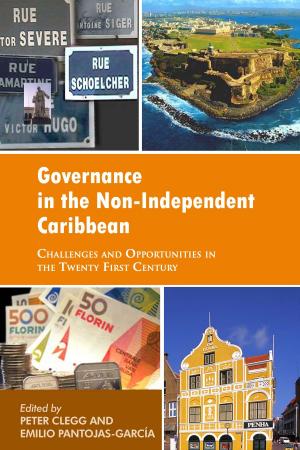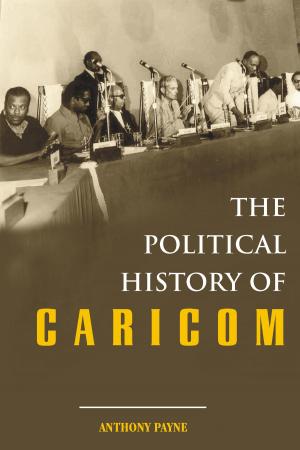The Black Diaspora of the Americas: Experiences and Theories out of the Caribbean
Nonfiction, History, Americas, Caribbean & West Indies, Social & Cultural Studies, Social Science, Cultural Studies, Emigration & Immigration, Anthropology| Author: | Christine Chivallon, Antoinette Titus-Tidjani Alou (Translator) | ISBN: | 1230000196169 |
| Publisher: | Ian Randle Publishers | Publication: | November 11, 2013 |
| Imprint: | Language: | English |
| Author: | Christine Chivallon, Antoinette Titus-Tidjani Alou (Translator) |
| ISBN: | 1230000196169 |
| Publisher: | Ian Randle Publishers |
| Publication: | November 11, 2013 |
| Imprint: | |
| Language: | English |
The forced migration of Africans to the Americas through the transatlantic slave trade created primary centres of settlement in the Caribbean, Brazil and the United States – the cornerstones of the New World and the black Americas. However, unlike Brazil and the US, the Caribbean did not (and still does not) have the uniformity of a national framework. Instead, the region presents differing situations and social experiences born of the varying colonial systems from which they were developed. Using the Caribbean experience as the focus, Christine Chivallon examines the transatlantic slave trade and slavery as founding events in the identification of a Black diaspora experience. The exploration is extended to include the United States to exemplify contrasting situations in slavery-based systems and identifies the links between the expressions of culture emanating from the black populations of the New World and the diversity of interpretations of the cultural identities of the Black Americas.
Divided into three main parts, The Black Diaspora of the Americas firstly examins the foundation of the Black experiences of the New World by considering the slave trade. The second part takes a more theoretical examination of ‘Black diaspora’ using Rastafarianism, Garveyism and Pan-Africanism while referencing the work of a range of thinkers including Stuart Hall, Paul Gilroy, Richard Price, Édouard Glissant, Melville Herskovits and Sidney Mintz. The work is concluded in the third part with the proposition of an a-centred community of persons of African descent – a culture devoid of centrality.
The Black Diaspora of the Americas brings together the key arguments about creolisation and the concept of a Black diaspora and presents an outstanding contribution to understanding the dynamics of diaspora.
Christine Chivallon is an anthropologist and geographer and Director of Research at the French CNRS, Centre National de la Recherche Scientifique (National Centre for Scientific Research).
Antoinette Titus-Tidjani Alou is Professor of French and Comparative Literature at the Faculty of Arts and Social Sciences at the Université Abdou Moumouni de Niamey Niger.
The forced migration of Africans to the Americas through the transatlantic slave trade created primary centres of settlement in the Caribbean, Brazil and the United States – the cornerstones of the New World and the black Americas. However, unlike Brazil and the US, the Caribbean did not (and still does not) have the uniformity of a national framework. Instead, the region presents differing situations and social experiences born of the varying colonial systems from which they were developed. Using the Caribbean experience as the focus, Christine Chivallon examines the transatlantic slave trade and slavery as founding events in the identification of a Black diaspora experience. The exploration is extended to include the United States to exemplify contrasting situations in slavery-based systems and identifies the links between the expressions of culture emanating from the black populations of the New World and the diversity of interpretations of the cultural identities of the Black Americas.
Divided into three main parts, The Black Diaspora of the Americas firstly examins the foundation of the Black experiences of the New World by considering the slave trade. The second part takes a more theoretical examination of ‘Black diaspora’ using Rastafarianism, Garveyism and Pan-Africanism while referencing the work of a range of thinkers including Stuart Hall, Paul Gilroy, Richard Price, Édouard Glissant, Melville Herskovits and Sidney Mintz. The work is concluded in the third part with the proposition of an a-centred community of persons of African descent – a culture devoid of centrality.
The Black Diaspora of the Americas brings together the key arguments about creolisation and the concept of a Black diaspora and presents an outstanding contribution to understanding the dynamics of diaspora.
Christine Chivallon is an anthropologist and geographer and Director of Research at the French CNRS, Centre National de la Recherche Scientifique (National Centre for Scientific Research).
Antoinette Titus-Tidjani Alou is Professor of French and Comparative Literature at the Faculty of Arts and Social Sciences at the Université Abdou Moumouni de Niamey Niger.
